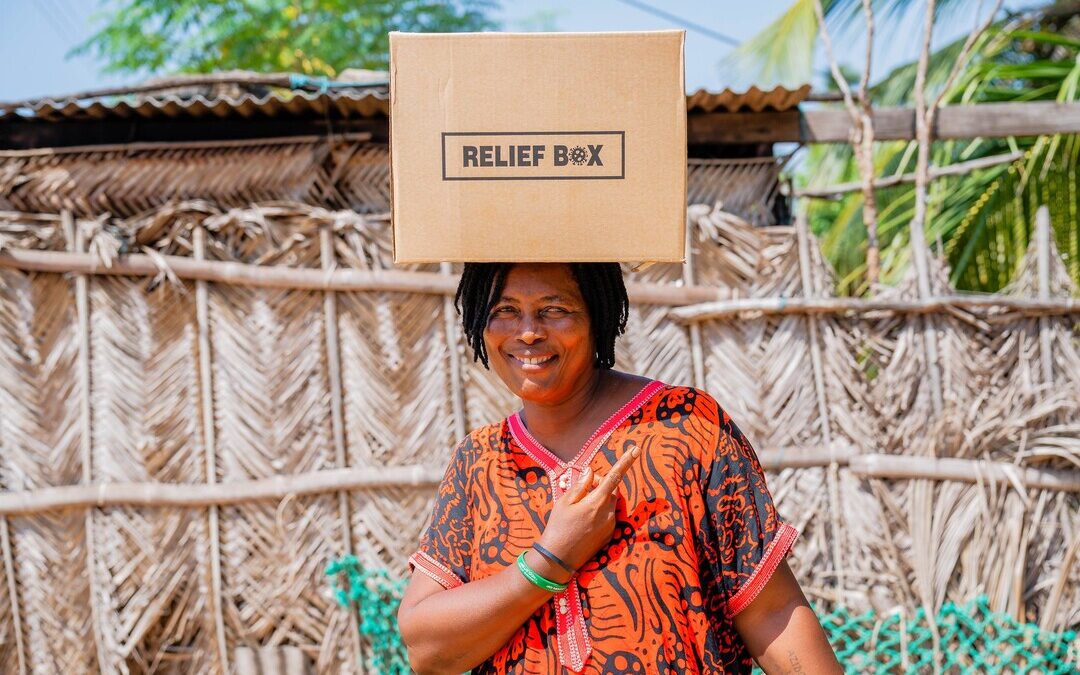Microsoft Helps Global Food Network to Slash Emissions Across 54 Countries
Microsoft helps the Global FoodBanking Network reduce emissions, optimize operations and fight food waste across 54 countries.
Tech giant Microsoft announced on Tuesday that The Global FoodBanking Network has successfully used its sustainability platform to reduce emissions and optimize operations across 777 food banks in 54 countries.
According to a blog post, the US-based nongovernmental organization relied on manual reporting, which made it difficult to calculate, analyze, and account for the avoided emissions across its network.
Quantifying the environmental benefits of diverting food from landfills to the dinner table without reliable metrics was an arduous and often imprecise process.
This challenge made it difficult for food banks to demonstrate their environmental contributions, attract donors, and make data-driven decisions.
“Our food banks have limited resources, and they often have to choose between essential activities like hiring a social worker, buying a truck, or collecting data,” said Ana Catalina Suárez Peña, GFN’s senior director of strategic innovation.
In response, GFN turned to Microsoft Sustainability Manager, a platform within Microsoft Cloud for Sustainability, which has been tailored to help organizations measure and reduce carbon emissions.
Collaborating with the US-based World Wide Technology, GFN adapted the platform to track avoided methane emissions and address the United Nations’ sustainable development goals, including zero hunger and climate action.
A Pilot Program with Big Results
The initiative began with a pilot program at Banco de Alimentos Quito, an Ecuadorian food bank serving 85,000 to 90,000 people monthly through partnerships with 95 community organizations. The results have been transformative.
The food bank can use the Microsoft platform to monitor key metrics like food recovery, energy consumption and fuel usage. This data highlights areas for operational improvement and underscores its environmental impact.
“Using Sustainability Manager, we discovered inefficiencies in our refrigeration system that were contributing to our carbon footprint,” said Alicia Guevara, a professor at Ecuador’s Escuela Politécnica Nacional who advises the food bank. “By addressing these issues, we significantly improved our processes.”
The time saved by automating data collection and reporting has allowed staff to focus on strategic efforts, such as expanding food distribution and engaging with potential donors.
From Local Insights to Global Impact
GFN offers more transparency and accountability to donors and governments by integrating the Sustainability Manager into its operations. In Ecuador, for instance, the government is now considering food banking as part of its methane emission reduction strategy, thanks to data provided by GFN.
GFN President Lisa Moon noted that the platform’s global adaptability has been essential to its success. “Microsoft Sustainability Manager was already a solution that many of our partners were using, which made it easier for us to interoperate and collaborate,” she said.
Encouraged by the program’s early success, GFN plans to expand the initiative to food banks in Latin America, Africa and Asia.
A Sustainable Future
Last year, GFN members recovered 654 million kilograms of food, preventing 1.8 million metric tons of carbon dioxide equivalent emissions. With the enhanced capabilities of Microsoft’s Sustainability Manager, the organization aims to improve food access for 50 million people by 2030.
“The data collected with the Sustainability Manager is auditable and provides a clear picture of our impact,” said Suárez Peña. “This transparency is crucial for engaging with donors, governments, and other partners.”
As food banks worldwide scale up their efforts, the partnership between GFN and Microsoft is a model for how technology can tackle global challenges at the intersection of hunger, sustainability and climate action.
Also Read:
Microsoft Expands Sustainability Cloud to Streamline ESG Reporting
Nirmal Menon
Related posts
Subscribe
Error: Contact form not found.


